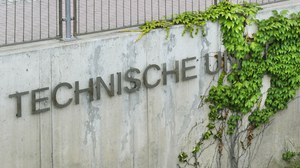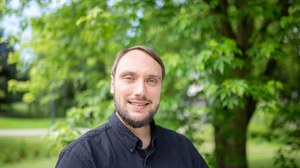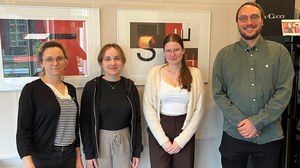The Chair of Religious Education
As a practical theological discipline, religious education is the science of knowledge transmission that is responsible for the teaching-learning process of the faith in the Judeo-Christian tradition. Religious education comprises the theory and practice of religious learning processes in various fields of action. This allows to create first bridges between academic studies and the future working fields of theologians.
 © TU Dresden
© TU Dresden
Religious education
Religious education imparts and promotes practice-oriented theological competences that are relevant not only in schools, parishes and adult education, but these days increasingly also in the media, economy, and politics.
Working in both theory and practice, religious education is a two-way critical process: practice analytically raises desiderata and confirms or criticises theoretical conceptions in order to improve concrete practice in the future. In this sense, religious education is an academic discipline from practice to practice rather than merely the theological 'packaging department'. Based on research into the teaching-learning processes of faith, religious education contributes its own categories, criteria, and methods to theological reflection. At the same time, it relies on dialogue with other theological disciplines and the human sciences.
The university city of Dresden commits us to being aware of the specific experiences of children, young people, and adults living today in the eastern part of Germany, and to asking them about their approaches to religious topics. If this succeeds, theologians can make important contributions to cultural social welfare in religious education, adult education, and other professional fields.


